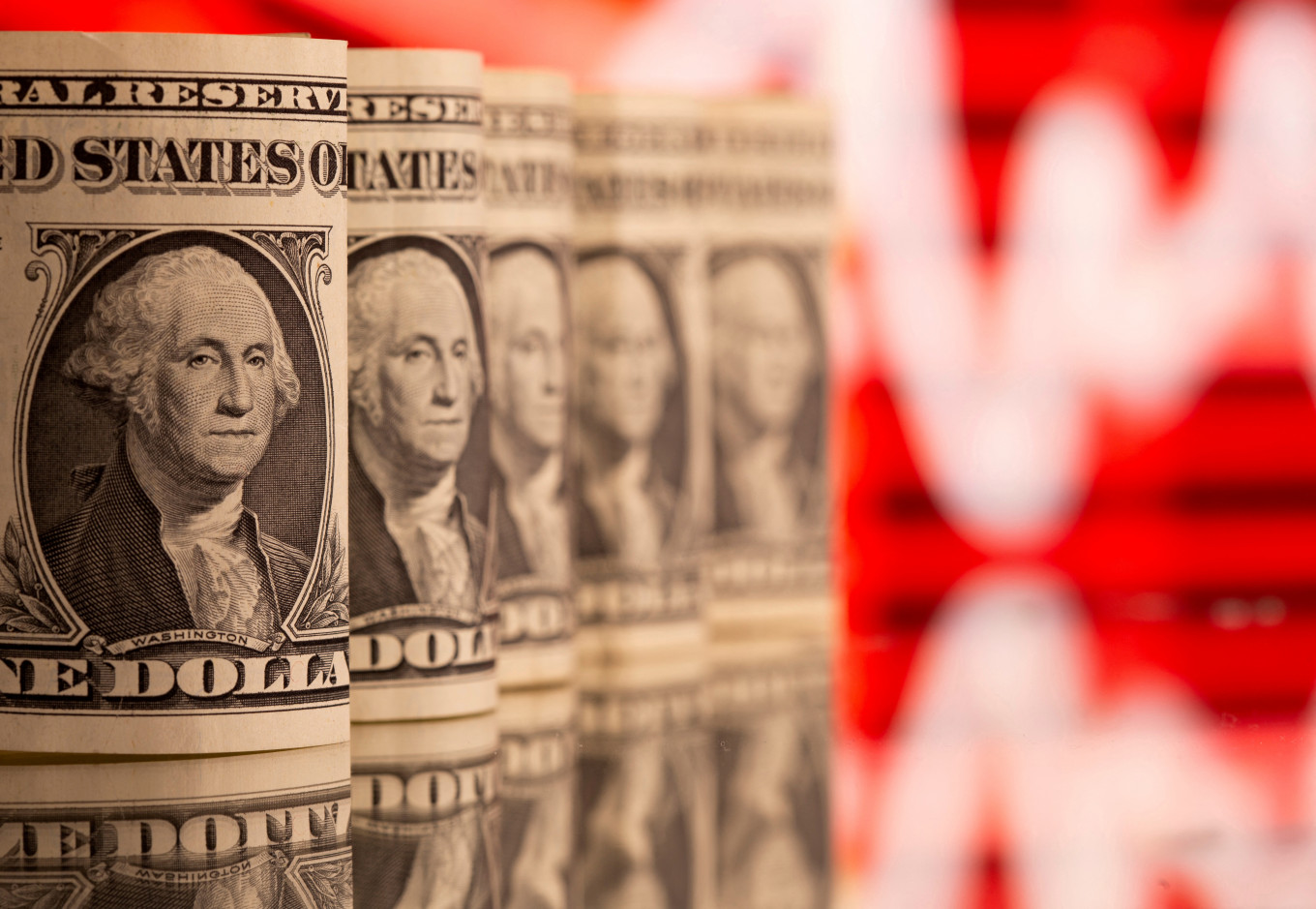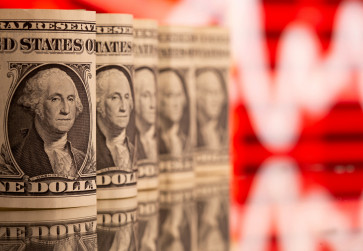Popular Reads
Top Results
Can't find what you're looking for?
View all search resultsPopular Reads
Top Results
Can't find what you're looking for?
View all search resultsWhat an extremely strong US dollar means to the global economy
Bank Indonesia’s FX reserves have already declined $9.1 billion as of August and there are no guarantees high coal prices will stay.
Change text size
Gift Premium Articles
to Anyone
R
ecent United States inflation data has confirmed the market's worst fears. In August, US inflation was at 8.3 percent, lower than July’s 8.5 percent but still higher than market expectation of 8.1 percent. It was caused by stubbornly high prices for essential goods and services-shelter, healthcare and transport costs – contributed by a tight labor market.
On the other side, the prices of petrol, gas and airfares dropped, thanks to efforts by the government and private sector to increase and redirect energy supply. This trend is likely to continue as the next US jobless claims on Thursday is expected to still show a strong US labor market.
As a response, major global stock indices plunged into deep red territory with the Dow Jones losing as much as 1,300 points. The Federal Reserve, America’s central bank, is likely to hike its benchmark funds rate significantly more “jumbo” – perhaps even 100 basis points (a full 1 percent) – in the next Fed Governing Board meeting on Wednesday.
The possibility of a soft landing – Fed tightening without inflation – now seems remote and a hard landing, while Fed tightening caused a US recession seems more possible. For the Fed, running the economy into the depths of a recession now is more favorable rather than allowing inflationary expectations to run wild and then even more extreme interest rate hikes like those in the stagflation periods of the 1970s and 80s.
A more hawkish Fed can push the dollar’s strength on steroids. Currently the greenback has already strengthened significantly against its developed markets (yen 30.4 percent, pound sterling 19.9 percent and euro 18.3 percent) and emerging markets peers (ringgit 8.3 percent and rupiah 4.8 percent).
Interestingly, developed market currencies are hit harder than emerging market economies as the former tend to be importers of now more expensive raw materials and commodities. Meanwhile emerging markets have anticipated the Fed’s hawkish turn by raising interest rates sooner and some emerging markets such as Indonesia are also major producers of commodities, benefitting from the global surge in prices.
The dollar’s extreme strength and a brutally hawkish Fed will be a major problem for the global economy. As countries try to defend or slow the depreciation of their currencies, it will eat away their foreign reserves. In Southeast Asia, levels of foreign exchange (FX) reserves have fallen to the lowest point since the global financial crisis of 2008. Even China, the holder of the world’s largest pile of FX reserves, has spent US$49.2 billion defending the Chinese renminbi in August.



















